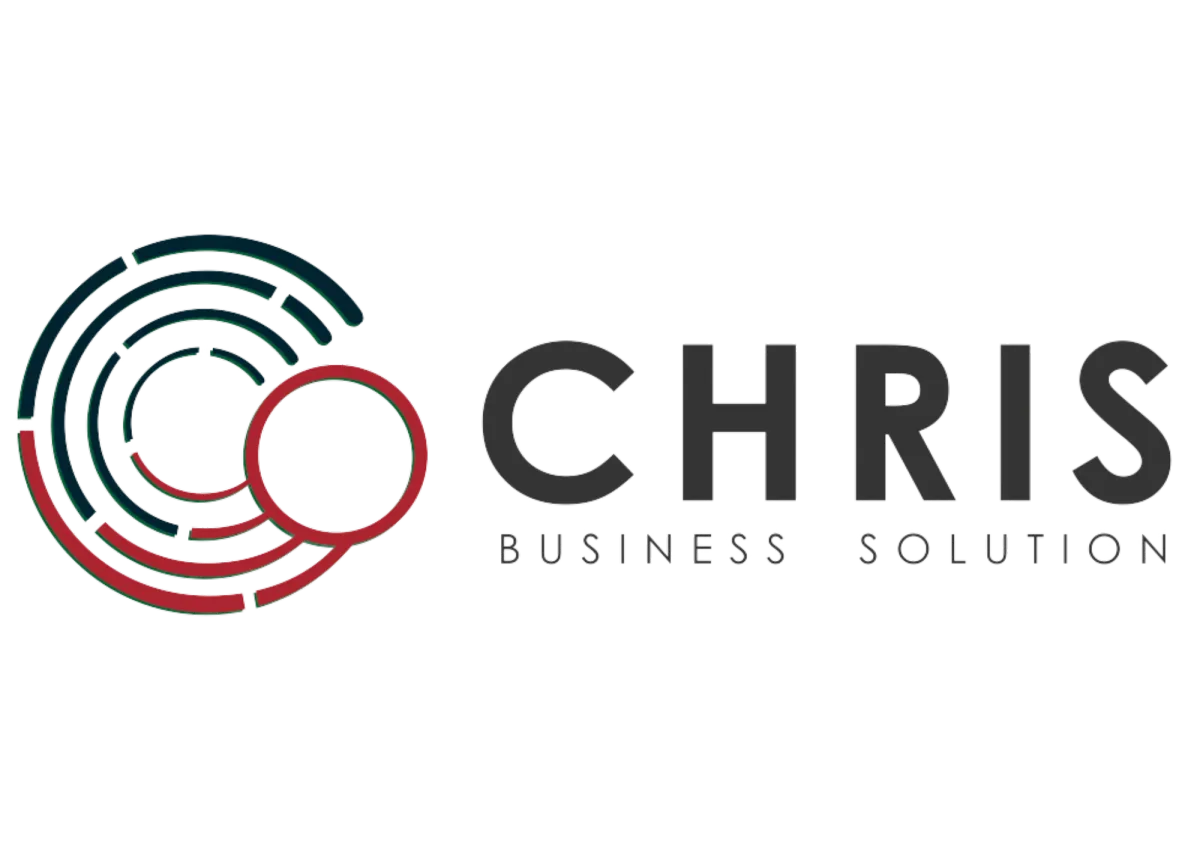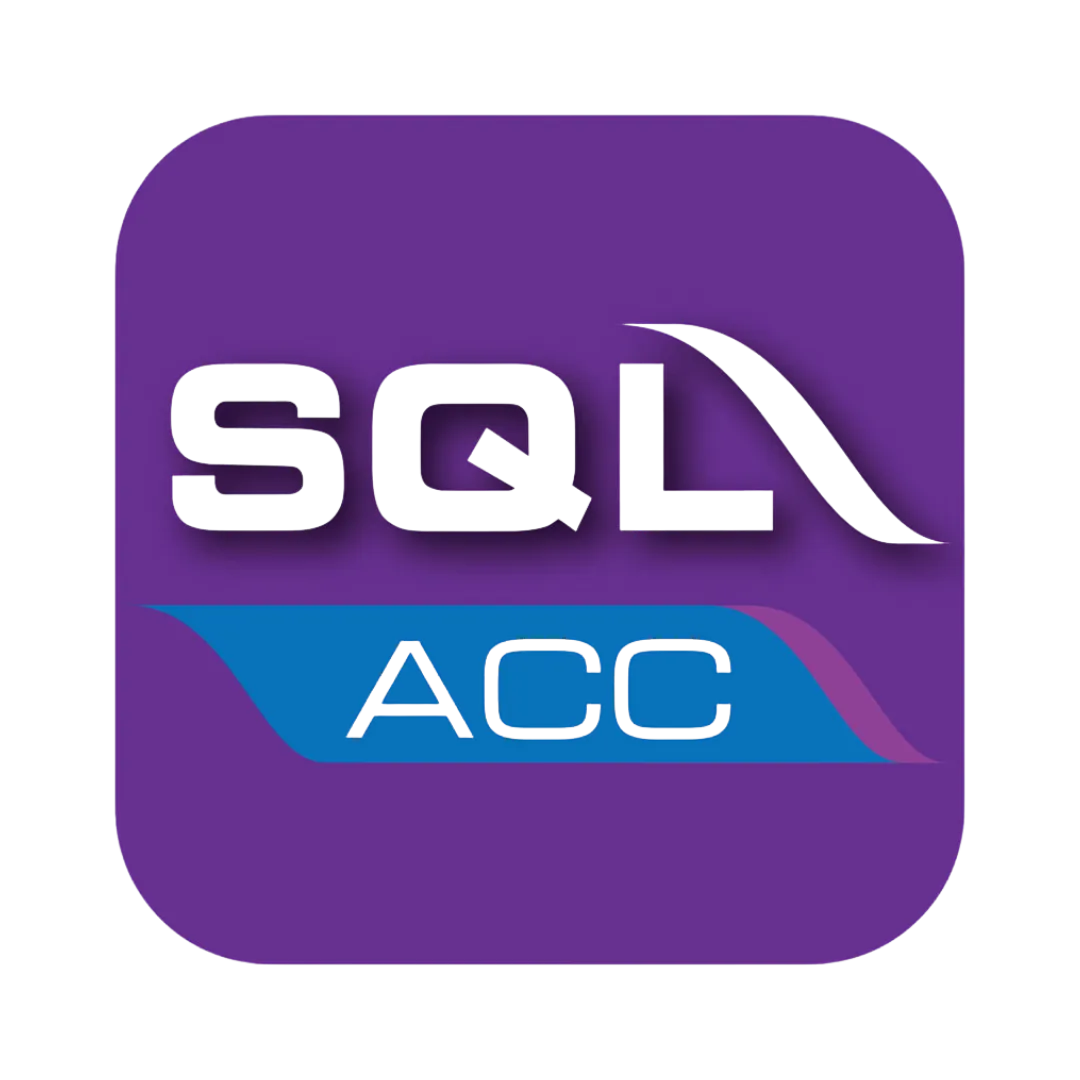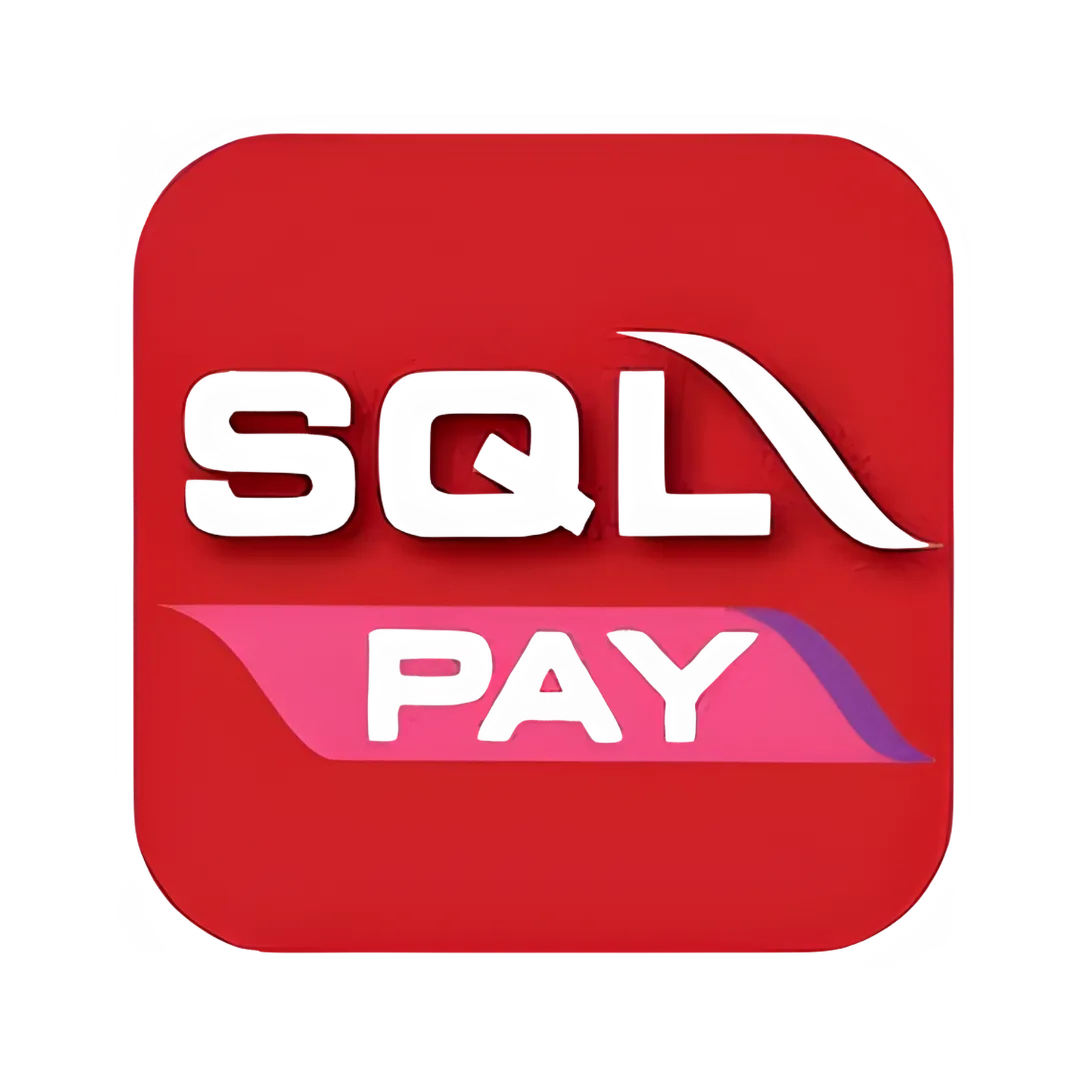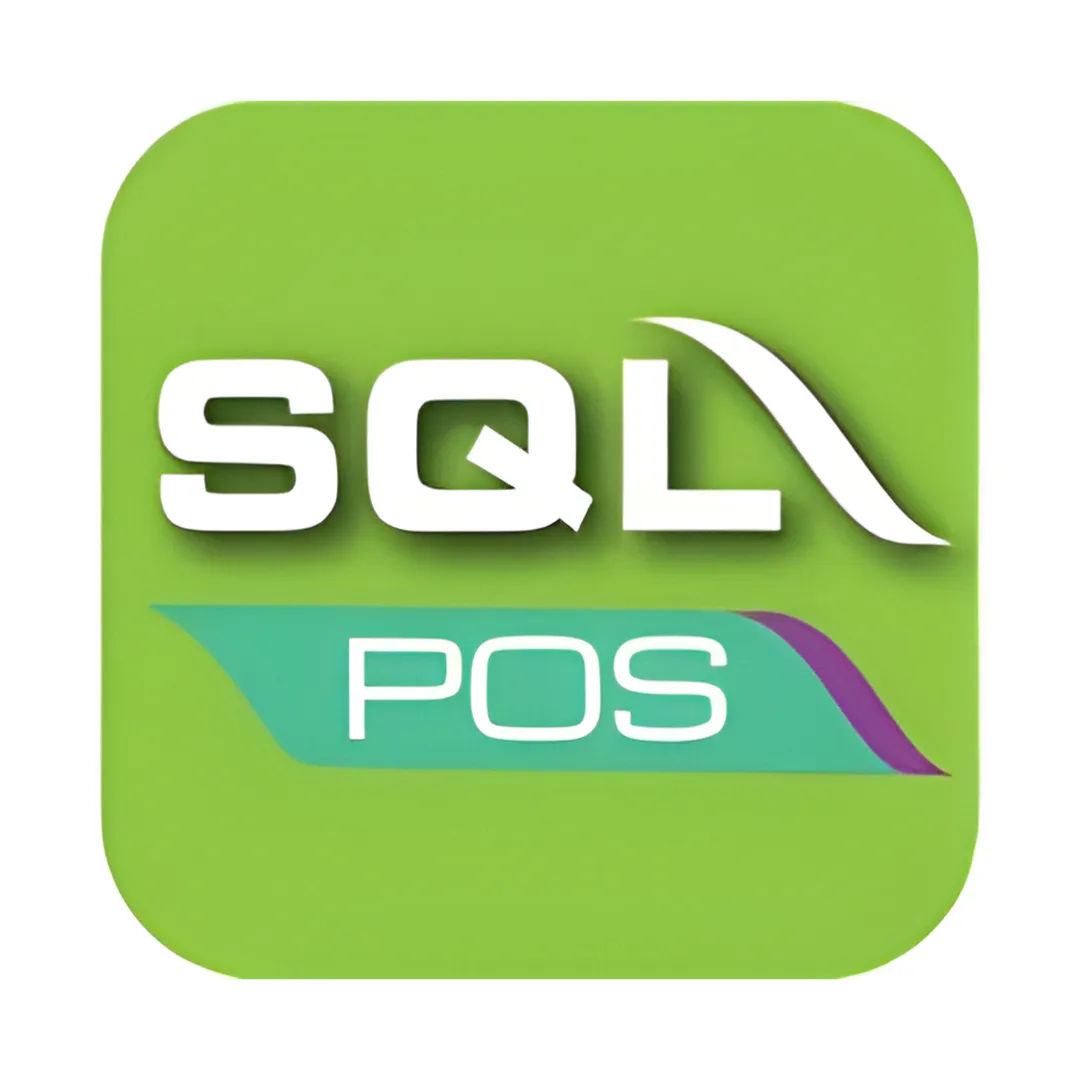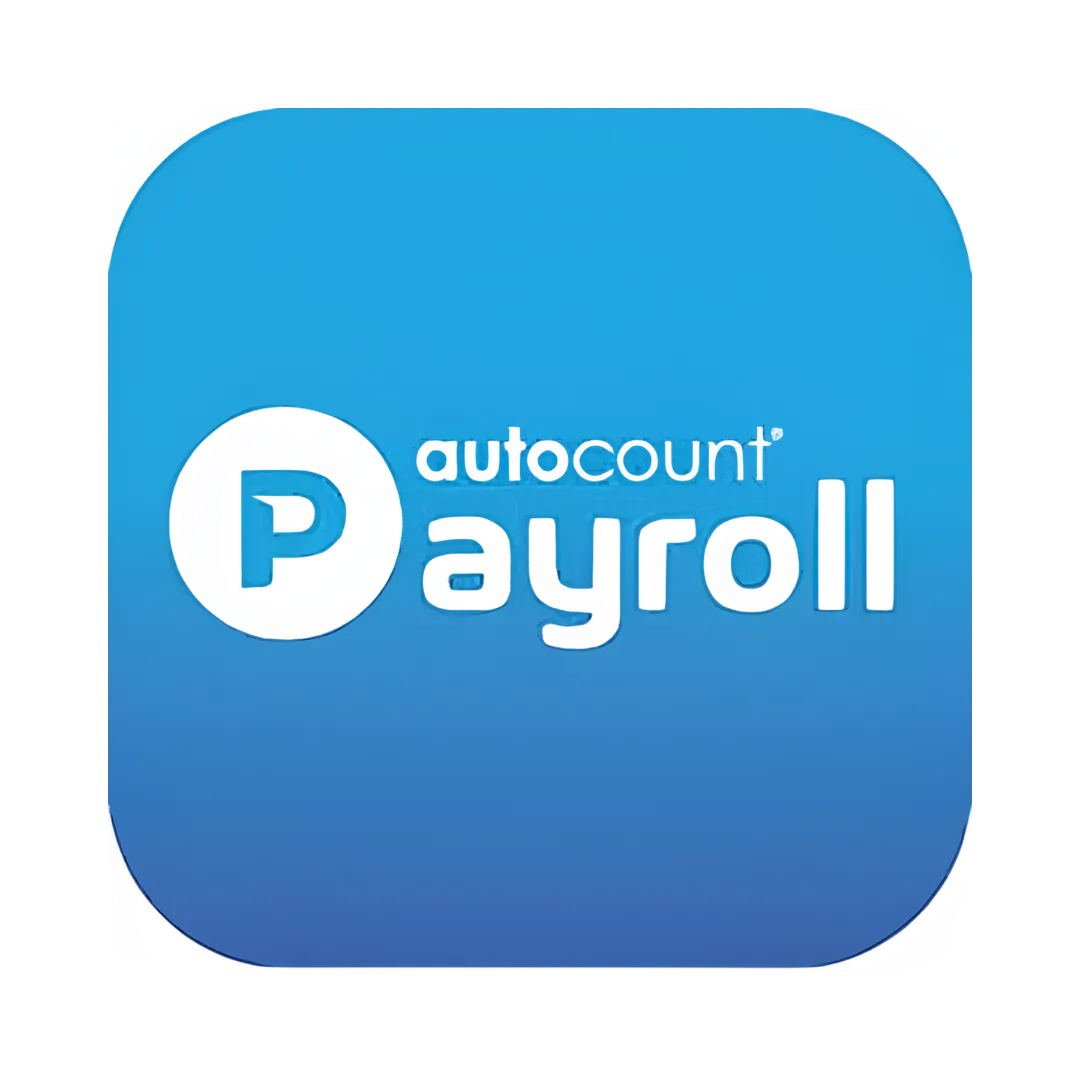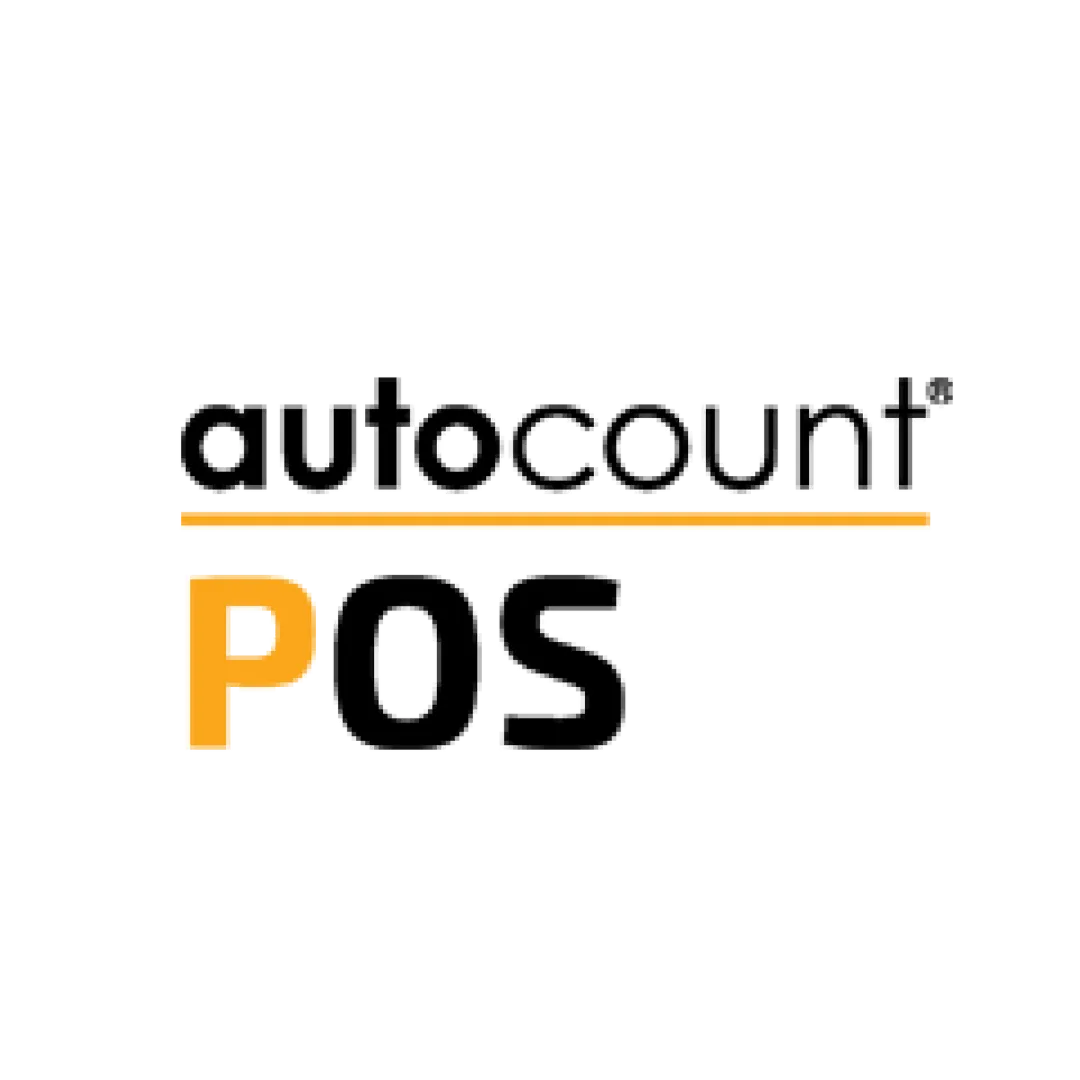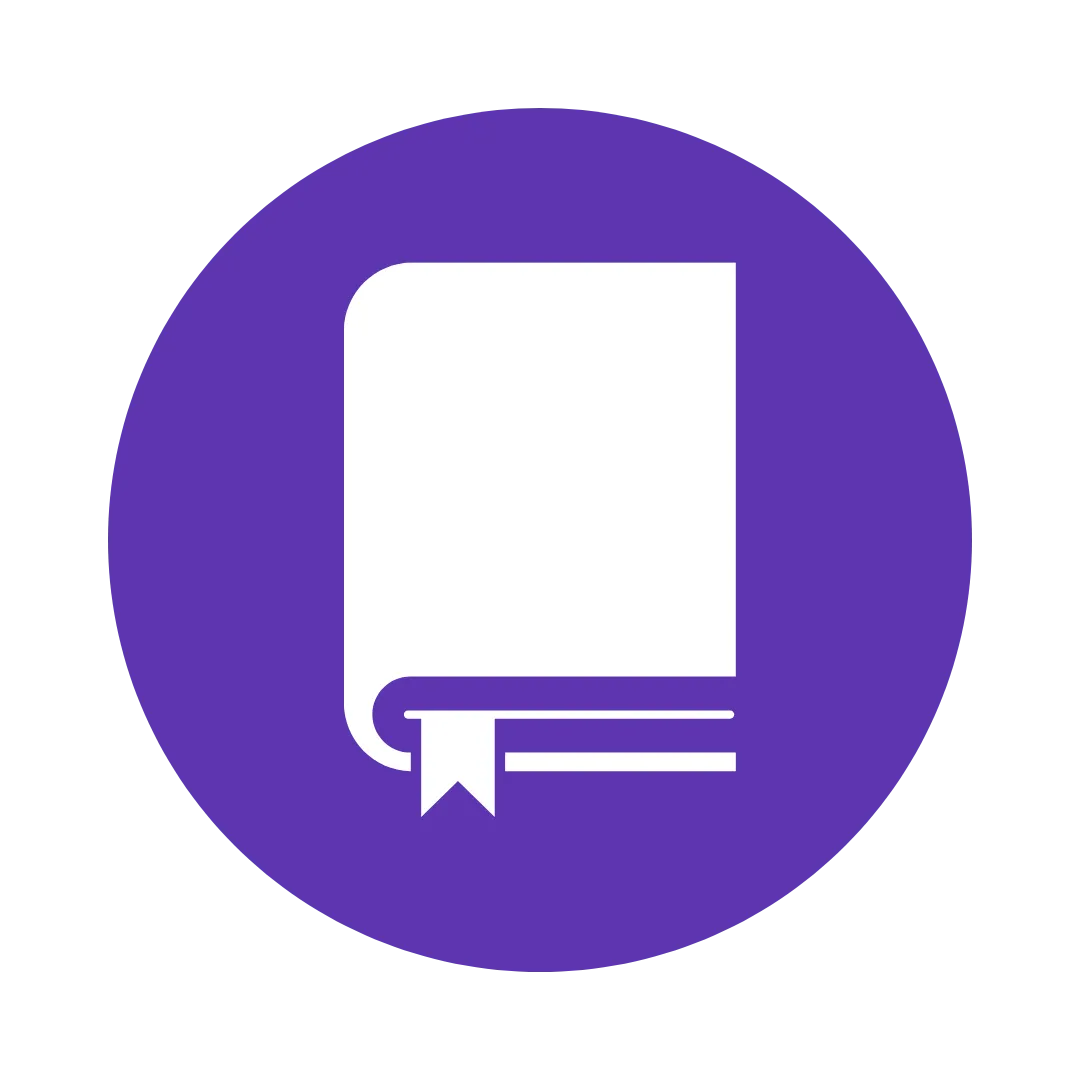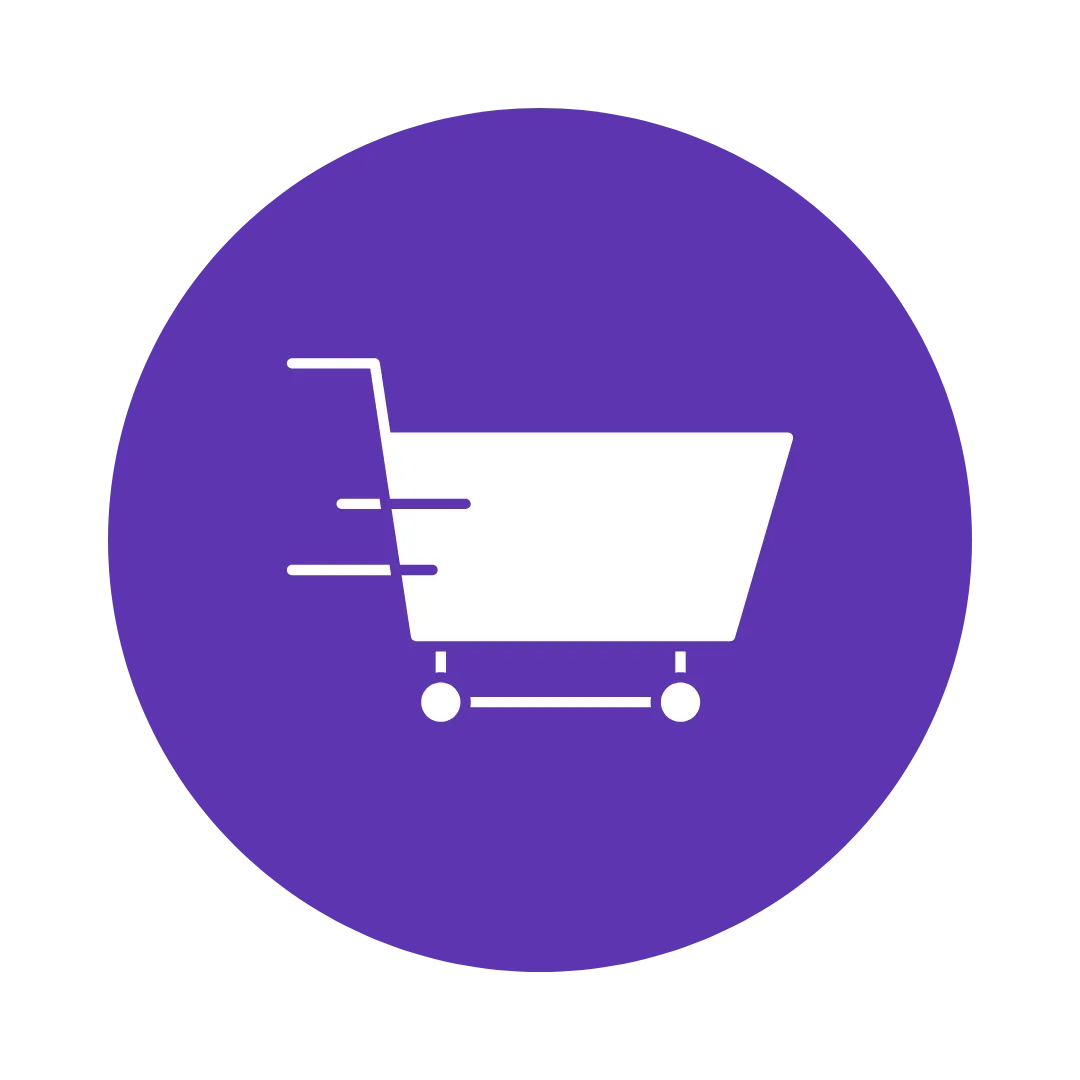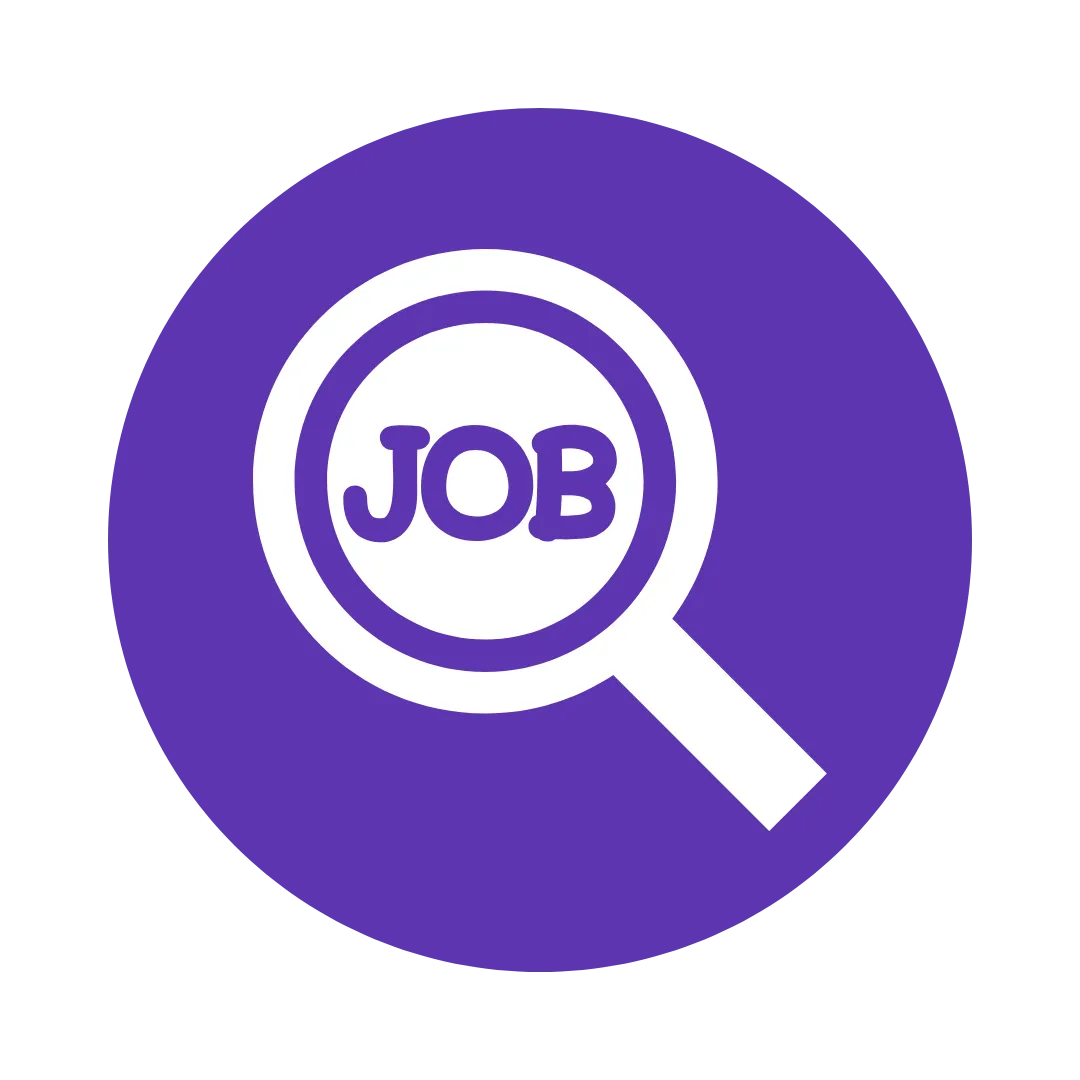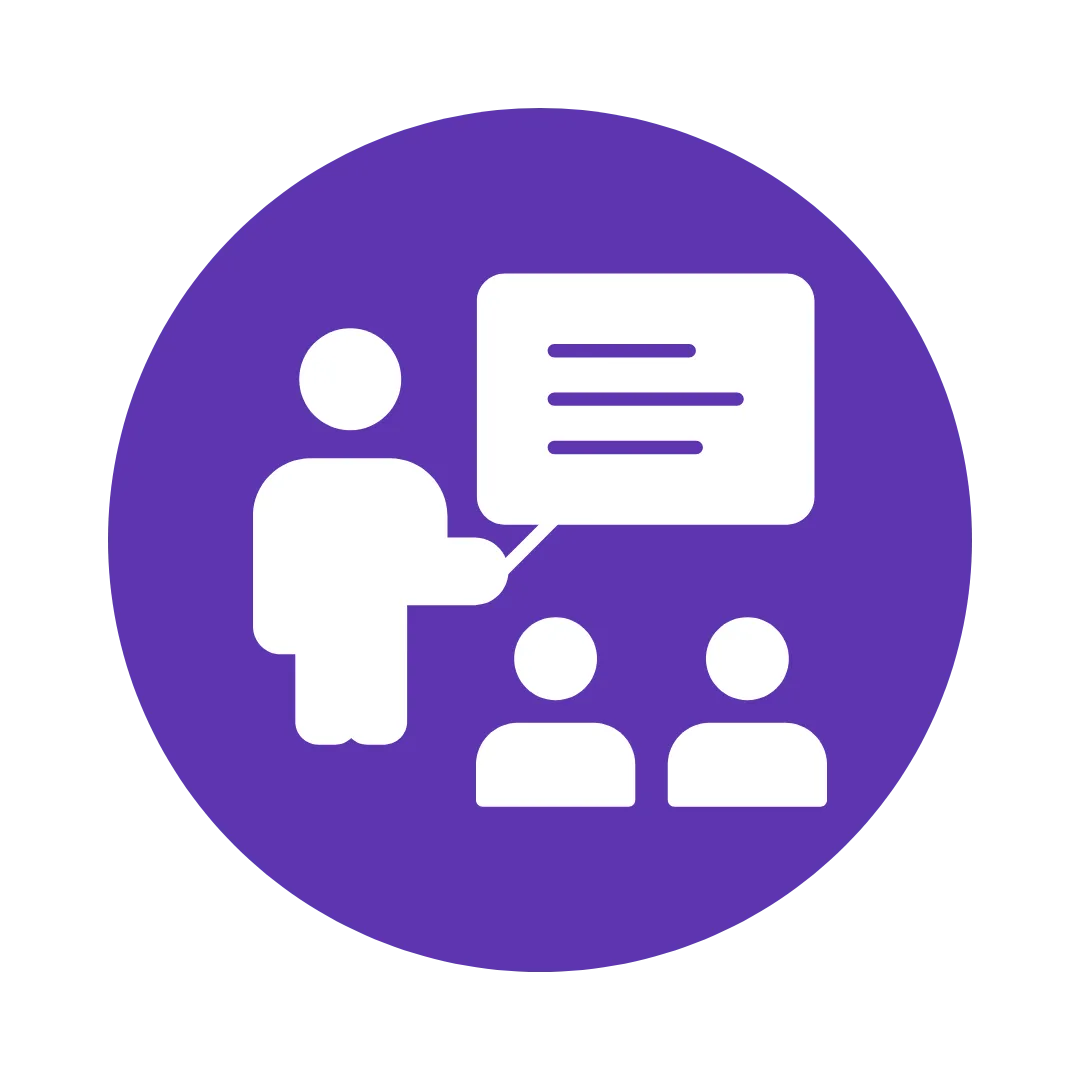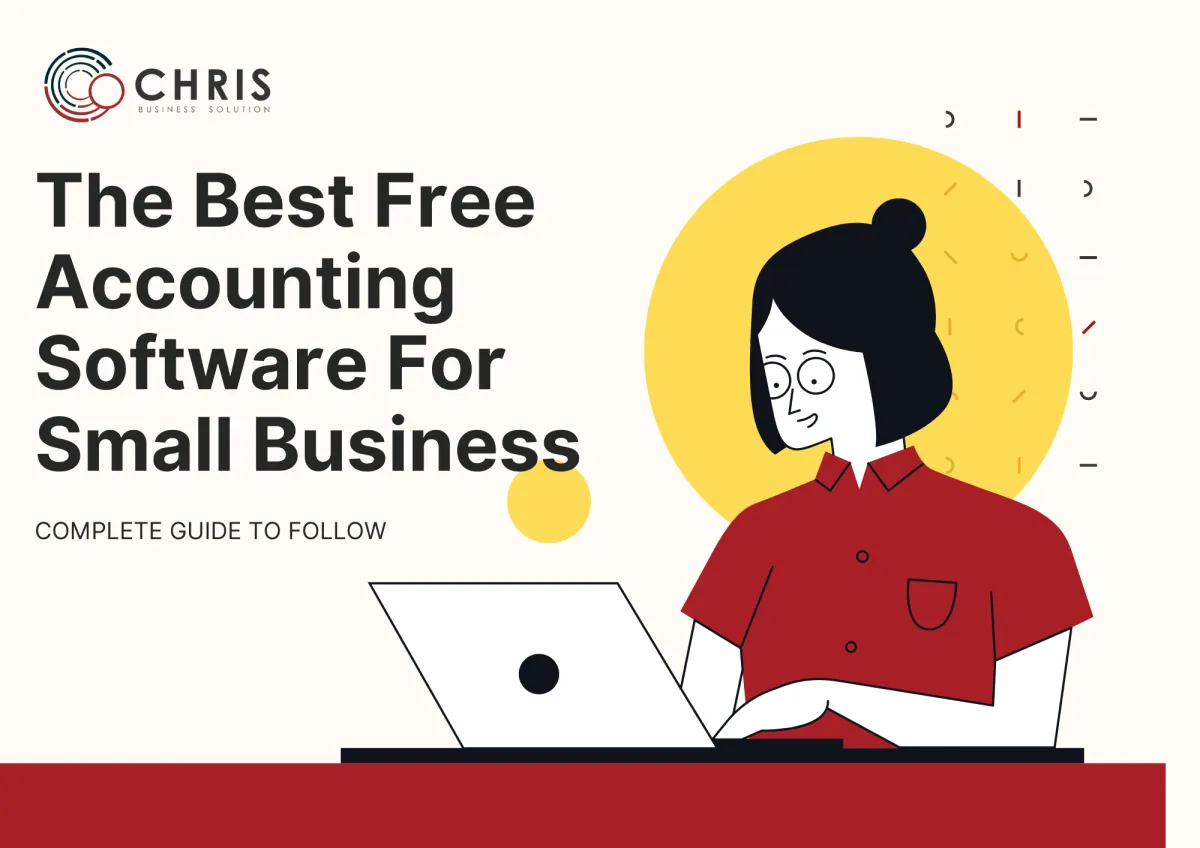
Full Guide: The Best Free Accounting Software For Small Business
Author: Chris Business Solutions
October: 23, 2024
Free accounting software often sounds appealing, especially for small businesses looking to increase efficiency without incurring additional expenses. However, is it truly that simple?
Choosing the right accounting software is a critical decision for small businesses in Malaysia, particularly when deciding between free and paid options. Free accounting software can be cost-effective but typically comes with limitations that may hinder long-term growth. In contrast, paid accounting software requires an upfront investment but usually offers advanced features, better support, and enhanced scalability. In this guide, we’ll explore the key differences between free and paid accounting software, helping you determine if the extra investment is worthwhile for your business.
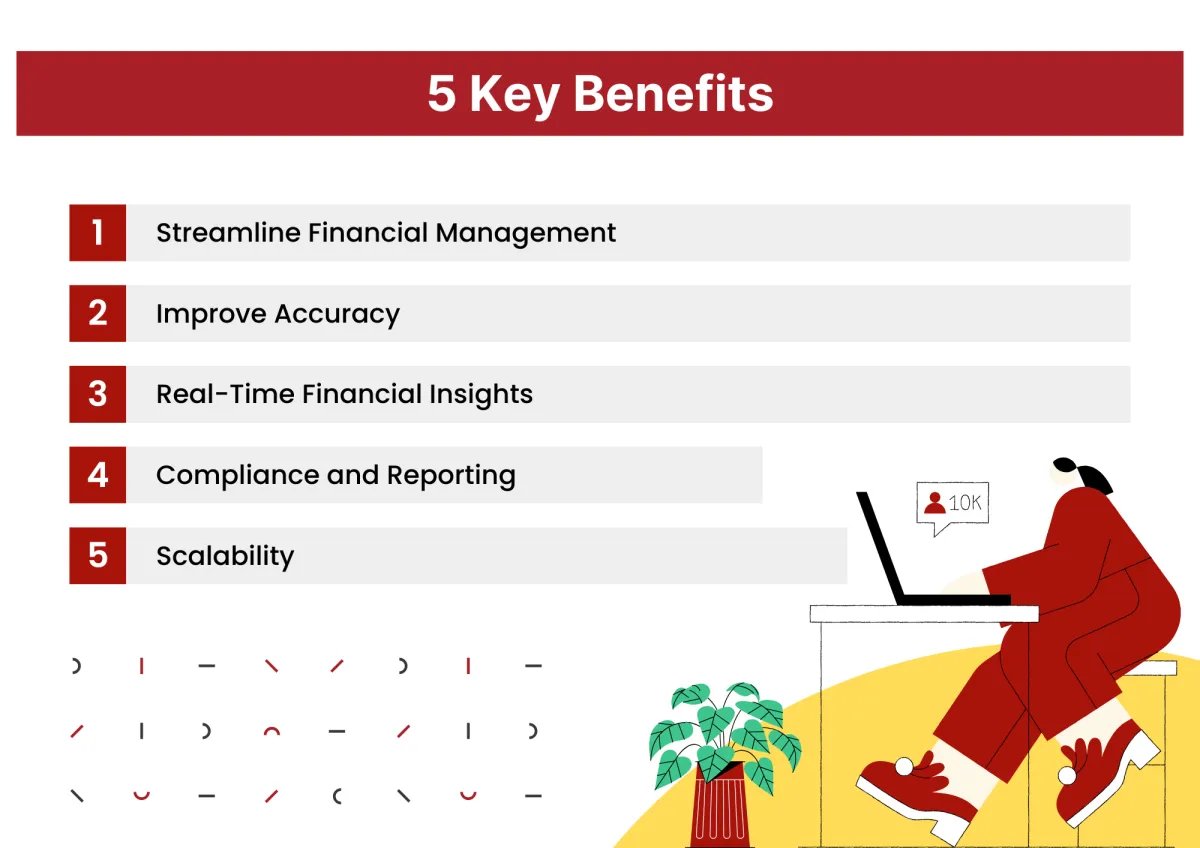
Why is Accounting Software important for small businesses?
Accounting software is crucial for small businesses as it helps manage financial tasks like invoicing, expense tracking, and preparing financial statements. It offers a systematic approach to financial management, enabling business owners to maintain accurate records, make informed decisions, and ensure compliance with tax regulations.
The six key benefits of using automated accounting software for small businesses:
Streamlines Financial Management
Accounting software automates time-consuming tasks such as invoicing, expense tracking, and payroll, allowing business owners to focus on growth rather than manual bookkeeping. It also saves time and reduces the need for hiring additional accounting staff, lowering operational costs.
Improves Accuracy
Manual calculations are prone to human error. Accounting software ensures accurate financial records, reducing the risk of mistakes in crucial financial data like taxes, sales, and expenses.
Real-Time Financial Insights
With automated accounting software, you can monitor cash flow, profit margins, and financial health in real-time, enabling better decision-making and quicker responses to financial challenges.
Compliance and Reporting
It helps businesses stay compliant with local tax laws and regulations by generating reports, calculating taxes, and keeping up with deadlines, thus avoiding penalties.
Scalability
As your business grows, accounting software can scale with you, providing advanced features like multi-currency support, complex reporting, and integrations with other ERP systems to meet your expanding needs.
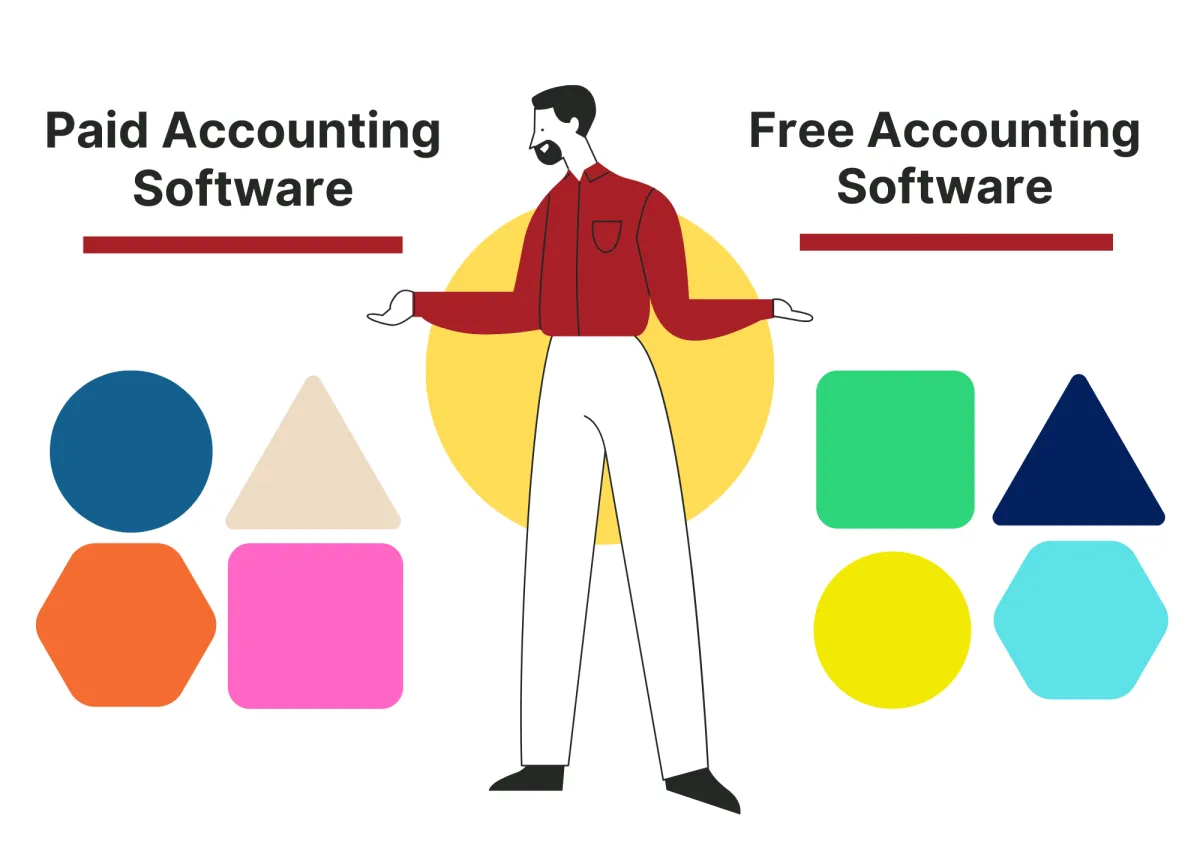
Paid vs Free Accounting Software: What are the differences?
Now that you're aware of the benefits, let’s compare free and paid accounting software options available on the market. Free accounting software is often suited for freelancers, startups, or very small businesses with simple financial needs and a limited budget. Paid accounting software, on the other hand, is typically preferred by growing businesses that require advanced features such as multi-user access, system integrations, detailed reporting, and dedicated customer support.
Here's a breakdown of the key differences between these two options:
| Differences | Free Accounting Software | Paid Accounting Software |
|---|---|---|
| Cost | No upfront cost; ideal for startups and small businesses | Requires ongoing subscription fees; suitable for larger and growing businesses |
| Capabilities | Basic features like invoicing, expense tracking, and simple reporting | Advanced features such as inventory management, payroll, and multi-currency support |
| User Support | Minimal or no support; you may need to resolve issues yourself | Dedicated support (via chat, phone, or email) |
| Security | Limited security measures; sensitive data may be at risk | Advanced security measures like data encryption and regular backups |
| Flexibility | Little to no customization; limited to built-in features | Allows customization of reports, workflows, and user permissions |
| Integration | No integration with other ERP systems | Integrates with business tools like CRM systems and LHDN e-invoicing |
| Data Storage | Limited data storage and transaction caps | Unlimited data storage |
| Updates & New Features | Rare updates or improvements | Regular updates with bug fixes and new features |
| Regulation Compliance | Not designed for tax compliance | Complies with local tax laws and provides tax preparation tools |
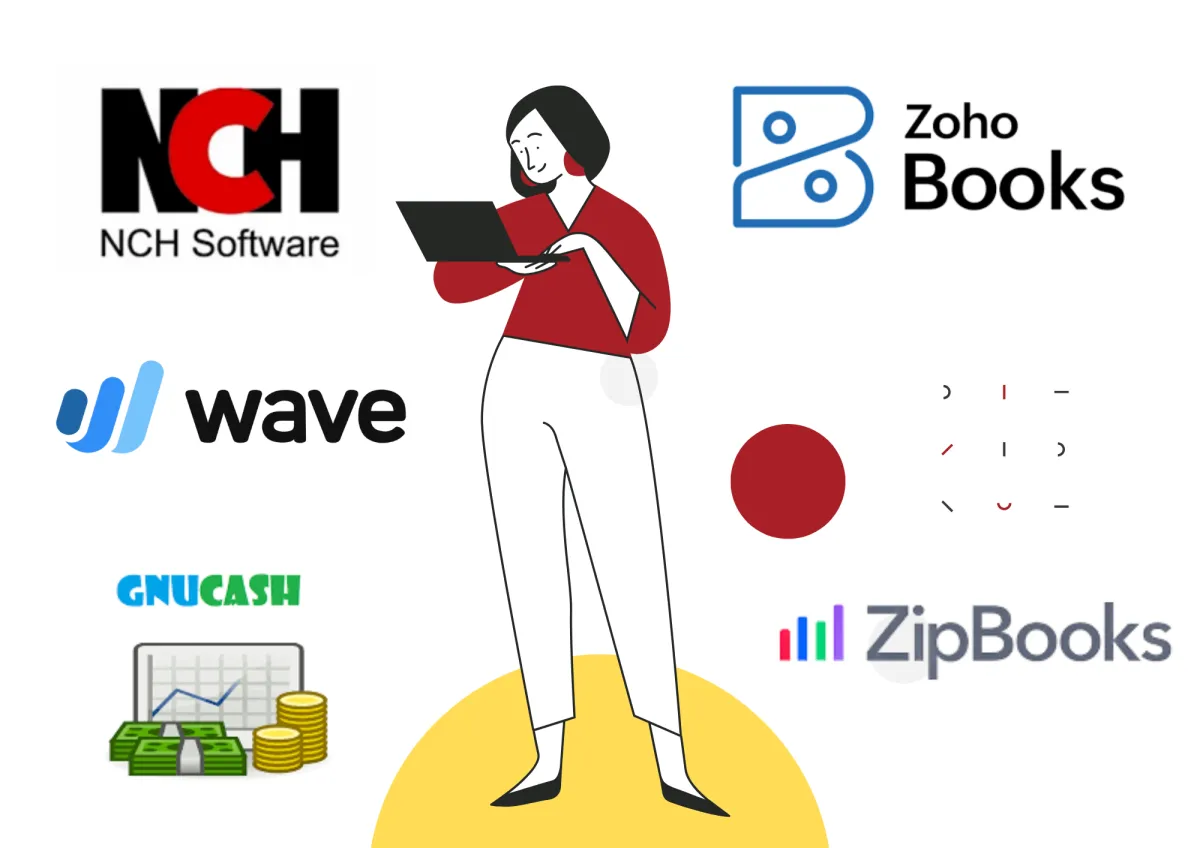
5 best free accounting software for small business
With a better understanding of the differences between free and paid software, you might now be curious about the free options available. Here are some popular free accounting software solutions for small businesses:
If your small business has fewer than five employees, you can utilize the free version of NCH for your accounting needs. While the free version does not include some of the advanced features designed for larger companies, it still provides plenty of functionality. You can generate various financial statements, including income statements, balance sheets, profit and loss (P&L) statements, and sales analyses by item, customer, and salesperson.
Who should use it: Small businesses that need basic financial reporting.
| Pros | Cons |
|---|---|
| Free for companies with less than 5 employees | No bank connection |
| Includes more than 20 financial reports | Paid users receive priority support |
Zoho is an all-in-one business software suite, and Zoho Books serves as its accounting module. The free version offers all the essential features to manage your finances effectively, including expense and mileage tracking, reconciliation, invoicing, and email support. A standout feature is its ability to integrate seamlessly with other Zoho products, such as Zoho CRM, making it an excellent option for those who are already utilizing other Zoho applications in their business.
Who should use it: Small businesses using other Zoho products for a unified experience.
| Pros | Cons |
|---|---|
| Track mileage | Invoice limits |
| Integrate with other Zoho products | No phone or chat support |
Unlike some of its competitors that restrict the number of invoices you can send, ZipBooks offers unlimited invoicing in its free accounting software. This feature makes it an ideal option for businesses that depend significantly on invoicing for their revenue. Besides invoicing, you also have access to basic reporting, vendor and customer management, and the ability to process digital payments via Square or PayPal.
Who should use it: Best for businesses that need to send a lot of invoices, such as service-based businesses.
| Pros | Cons |
|---|---|
| Unlimited invoicing | No chat support |
| Unlimited vendors and customers | Need a paid plan to auto-bill customers |
If you're a Linux user, your options for free accounting software are somewhat limited. GnuCash is a solid choice that works with Linux, as well as Windows, BSD, Solaris, and Mac. It offers features like bank account tracking, expense tracking, financial calculations, and reporting. Although it may not have as many additional features tailored for small businesses, it excels in flexibility, allowing you to track stocks, commodities, and other investments.
Who should use it: Best for businesses that need to track investments and want software that’s compatible with Linux.
| Pros | Cons |
|---|---|
| Compatible with multiple operating systems | Has a steeper learning curve |
| Translated into many languages | User interface is not that friendly to use |
Wave Accounting is among the simplest free accounting software options available, featuring an interface that is easy-to-use. With Wave, you can effortlessly track your income and expenses, send invoices, monitor sales tax, and generate reports. You can manage multiple businesses from a single account, view your dashboard to assess your overall business performance, and collaborate with unlimited partners and accountants.
Who should use it: Best for businesses that want an easy-to-use accounting software.
| Pros | Cons |
|---|---|
| Clean UI | No support (only through a knowledge base or its bot) |
| Cloud-based | No third-party integration |
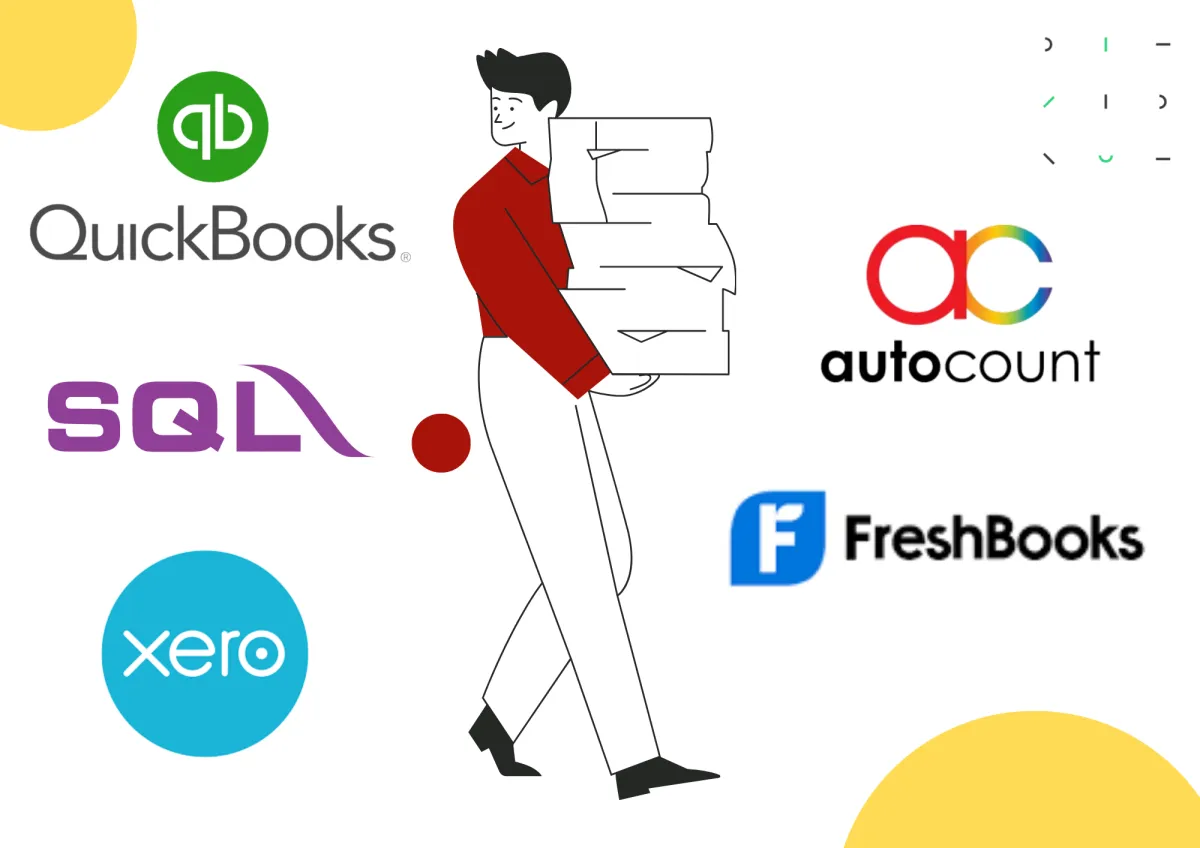
5 best paid accounting software for small businesses
SQL is a cloud accounting software that offers real-time data synchronization and flexibility. It supports cloud and desktop use and integrates with local tax systems. It also includes modules for inventory management and payroll.
Who should use it: Small to medium businesses in Malaysia that need strong local tax compliance and business tool integration.
| Pros | Cons |
|---|---|
| Offer many advanced features for different business needs | Complex setup |
| Strong customization | Interface design could be more modern |
AutoCount offers a robust set of features including inventory management, payroll, and GST/SST compliance. Its user-friendly interface and modular system allow businesses to tailor the software to their specific needs. AutoCount also supports batch processing, job costing, and multi-currency operations, making it ideal for businesses with diverse needs.
Who should use it: Companies that require in-depth accounting features, especially those dealing with inventory-heavy operations or needing compliance with Malaysia’s GST/SST tax system.
| Pros | Cons |
|---|---|
| Cloud-Based | Steep learning curve |
| Support third-party integration | Advanced features may be overwhelming |
QuickBooks is one of the most widely used accounting systems, particularly known for its user-friendly interface. It includes all the essentials like invoicing, income and expense tracking, and payroll management. It integrates with numerous third-party apps, offers mobile access, and provides real-time financial insights for small business owners.
Who should use it: Businesses who need a straightforward accounting system that’s easy to set up and use, especially those who want easy integration with other apps and need mobile access.
| Pros | Cons |
|---|---|
| Checks/credit processing features | Has had several problems with online security |
| Offer free trial | Limited in the number of products you can list for inventory purposes |
Xero is a cloud-based accounting software popular for its sleek design and robust features like bank reconciliation, inventory tracking, invoicing, and payroll. It is ideal for businesses with global operations due to its multi-currency functionality. The software allows for easy collaboration with accountants and bookkeepers.
Who should use it: Businesses with a global presence or multiple currencies involved in their operations, and companies that need seamless online collaboration with accountants or teams.
| Pros | Cons |
|---|---|
| Bank feeds: Makes banking and reconciliation easy and quick | Pricey for large team |
| Has great customer support and services | Lack some local tax features for Malaysia |
FreshBooks is an automated accounting software designed for freelancers and small business owners, offering simple invoicing, expense tracking, and project time tracking. It provides automated recurring invoices, late payment reminders, and time tracking, which are particularly useful for service-based businesses.
Who should use it: Service-based businesses that need a straightforward, user-friendly platform with strong time-tracking and invoicing features.
| Pros | Cons |
|---|---|
| User-friendly interface | Limited advanced features |
| Time-tracking integration | Less suitable for product-based businesses |

How to choose the best accounting software for small business?
With so many fantastic options available on the market, I understand how overwhelmed picking one can be. But it doesn’t have to. Here is the guide you can follow:
Assess Your Business Needs
Size of Business: Consider your business size, number of employees, and expected growth. Some accounting software options are more suited for freelancers or very small businesses, while others can handle more complex financial operations.
Industry Requirements: Different industries have specific accounting needs (e.g., inventory tracking, project-based accounting). Make sure to choose software that fits your industry.
Budget: Evaluate how much you're willing to invest. Free accounting software may meet basic needs, but paid options often provide more advanced features and support.
Identify Key Features
Invoicing and Billing: Ensure the software allows you to generate invoices easily, set up recurring billing, and track payments.
Expense Tracking: Make sure the system can track expenses and provide reports to monitor cash flow effectively.
Bank Integration: Choose software that can sync with your bank accounts for real-time transaction tracking.
Tax Compliance: If you're in Malaysia or another region with specific tax laws, check if the software complies with local tax regulations like SST/GST, or e-invoicing.
Reporting and Analytics: Ensure it can generate essential financial reports such as profit and loss, balance sheets, and cash flow statements.
Cloud-Based vs. Desktop
Cloud-Based: Cloud accounting offers access from anywhere, real-time collaboration, and automatic updates (e.g., QuickBooks, Xero). They are ideal for businesses that need flexibility.
Desktop-Based: Usually more secure for local data storage but limits access to just one location (e.g., SQL, AutoCount).
Consider User-Friendliness
Look for software that’s intuitive and easy to navigate, especially if you don’t have a background in accounting. Some solutions offer a mobile app, making it easier to manage your finances on the go.
Review Customer Support and Training
Ensure that the accounting software provider offers customer support through phone, chat, or email. Some accounting software providers also offer tutorials, webinars, or one-on-one training sessions, which can help you get started quickly.
Look at Integration Options
If your business uses other ERP systems (e.g., CRM, inventory management), check if the accounting software integrates with them seamlessly.
Evaluate Scalability
Choose a solution that can grow with your business. As your company expands, you'll need more features, users, and reports. Paid versions of software often offer more scalability, whereas free software may have limitations.

Conclusion
The future of accounting software is promising, especially with advancements in AI, automation, and cloud computing. For small businesses, this means continued improvements in real-time data access, better accuracy, and increased efficiency through automation of financial tasks. Additionally, with increasing regulatory requirements, paid software will continue to offer robust compliance tools that help businesses navigate local tax laws like SST, GST or E-invoicing.
